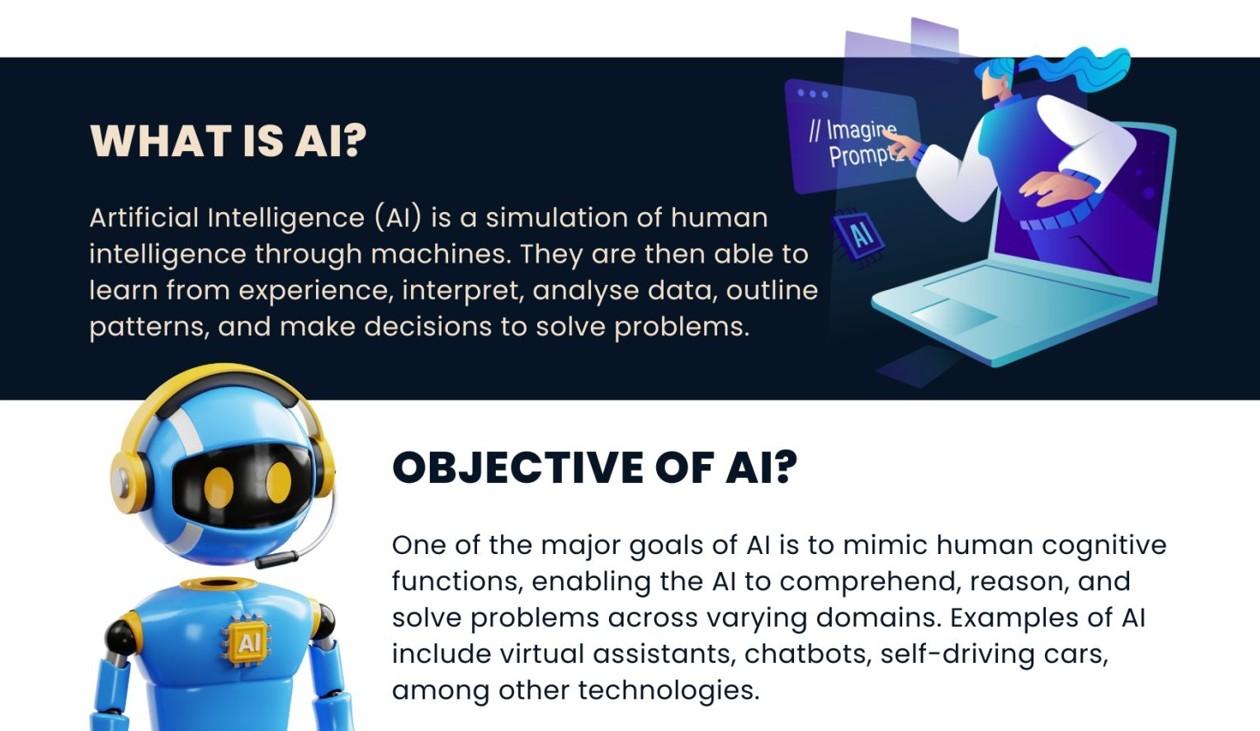Artificial Intelligence (AI) is increasingly influencing the educational landscape in Malaysia, offering new opportunities for personalized learning, efficient administrative processes, and enhanced accessibility. As AI continues to evolve, its impact on modern education in Malaysia is becoming increasingly significant. This comprehensive article explores the transformative role of AI in the modern education sector, highlighting key benefits, challenges, future trends, and actionable insights for educational stakeholders.

Understanding AI in Modern Education in Malaysia
In Malaysia, AI in modern education involves the use of advanced algorithms and data-driven systems to enhance learning experiences, streamline administrative tasks, and provide predictive insights. With initiatives like the Malaysia Education Blueprint and the Fourth Industrial Revolution (4IR) policy, the government is actively encouraging the adoption of AI technologies in schools, colleges, and universities. Educational institutions are incorporating AI tools to create more personalized learning experiences, improve student engagement, and facilitate more effective teaching methodologies. From intelligent tutoring systems to AI-powered grading tools, the integration of AI technologies is fundamentally altering the traditional educational model in Malaysia, fostering more engaging and efficient modern education experiences.
Personalized Learning Experiences in Modern Education
One of the primary benefits of AI in Malaysian modern education is the ability to provide personalized learning experiences. AI-powered platforms analyze student data and adapt content to meet individual needs, making learning more engaging and effective. Platforms such as ReSkills and EduAdvisor have begun integrating AI algorithms to identify learning gaps and recommend targeted exercises, ensuring that each student receives appropriate support. Additionally, AI can offer tailored feedback in Bahasa Malaysia and other local languages, helping students improve their skills more effectively. In universities, AI-driven adaptive learning platforms can recommend specific courses and study materials based on a student’s learning history and performance, thereby personalizing the educational journey.
Streamlining Administrative Processes
AI is also streamlining administrative processes in Malaysian modern education institutions. Tasks such as grading assignments, tracking attendance, and generating performance reports are now automated using AI-powered systems. Tools like Turnitin have been widely adopted by universities to reduce administrative workload and maintain academic integrity. Moreover, AI-powered chatbots assist in managing student queries, providing instant responses in both English and Bahasa Malaysia, thereby improving communication and reducing response times. For example, some institutions in Malaysia have begun implementing AI systems to manage course registration, academic counseling, and financial aid processing, thereby enhancing overall institutional efficiency.
Enhanced Accessibility and Inclusion in Modern Education
Enhanced accessibility is another significant benefit of AI in Malaysian modern education. AI-powered speech recognition tools, text-to-speech converters, and real-time translation systems make learning more inclusive for students with disabilities and non-native speakers. By offering these tools, educational institutions can create more accessible learning environments that accommodate diverse student needs. AI-powered tutoring systems can adapt content to suit different learning styles, ensuring that every student in Malaysia, regardless of socio-economic background, has equal access to quality modern education. For instance, AI-enabled learning platforms can provide subtitles and language translation, allowing international students to better understand course materials and participate actively in class discussions.
Data-Driven Insights and Predictive Analytics
The use of AI also enables Malaysian educational institutions to gather and analyze vast amounts of data, leading to valuable data-driven insights for modern education. Predictive analytics can identify at-risk students, recommend interventions, and suggest resources to help them stay on track academically. Institutions can use these insights to refine curricula, develop targeted support programs, and enhance overall learning outcomes. Additionally, AI-powered systems can monitor student progress and provide real-time feedback, promoting continuous learning and improvement. For example, institutions like FAME International College are utilizing AI data analytics to identify patterns in student performance, thereby implementing targeted remedial programs to boost student outcomes.
Challenges and Ethical Considerations
Despite these advantages, the integration of AI in Malaysian modern education is not without challenges. Data privacy concerns, potential biases in AI algorithms, and the risk of over-reliance on technology are some of the pressing issues that need to be addressed. The Personal Data Protection Act (PDPA) in Malaysia provides a framework for data protection, but educational institutions must still implement stringent data management policies to safeguard student information. Furthermore, educators need to be adequately trained to effectively use AI tools while maintaining the human element of teaching. Ensuring that AI systems are culturally sensitive and inclusive is also essential to prevent biases that may inadvertently affect certain student groups.
Real-World Examples of AI in Malaysian Education
Several real-world examples illustrate the growing influence of AI in modern education in Malaysia. ReSkills, a prominent Malaysian EdTech platform, leverages AI to provide adaptive learning experiences tailored to the national curriculum. The Ministry of Education has also initiated programs to integrate AI into school curriculums, emphasizing digital literacy and computational thinking. Additionally, FAME International College in Kuching has started implementing AI-powered learning management systems to streamline student engagement, aligning with national educational goals and technological advancement.
The Future of AI in Modern Education in Malaysia
Looking to the future, AI is expected to further revolutionize modern education in Malaysia through advanced technologies such as virtual reality (VR), augmented reality (AR), and AI-driven adaptive learning platforms. These innovations will not only enhance personalized learning but also offer immersive learning experiences that can simulate real-world scenarios, aligning with Malaysia’s 4IR agenda. Additionally, AI is likely to play a pivotal role in lifelong learning and skills development, supporting continuous education and upskilling in a rapidly evolving job market. As industries become increasingly digitized, integrating AI-driven career counseling and job placement services in modern education systems will become essential.
Strategies for Effective Implementation of AI in Modern Education
To effectively implement AI in Malaysian modern education, institutions should consider several actionable strategies. First, they should integrate AI-powered learning management systems (LMS) that offer adaptive learning paths, data analytics, and automated assessments. Second, educational institutions should invest in AI literacy programs to educate stakeholders about AI tools, ethical considerations, and data privacy best practices. Lastly, AI can be leveraged for career guidance and counseling by using predictive analytics to identify suitable career paths based on student performance and interests. Training educators to effectively use AI tools will also be essential to maximize the benefits of AI in modern education.

AI is significantly reshaping the educational landscape in Malaysia by providing personalized learning experiences, automating administrative tasks, and promoting accessibility. While the benefits of AI are substantial, it is crucial for Malaysian educational institutions to address ethical concerns, prioritize data privacy, and invest in AI literacy programs. By embracing AI responsibly, the Malaysian modern education sector can harness its full potential to create more engaging, inclusive, and efficient learning environments, preparing students for the challenges of the digital age and the demands of the 4IR.